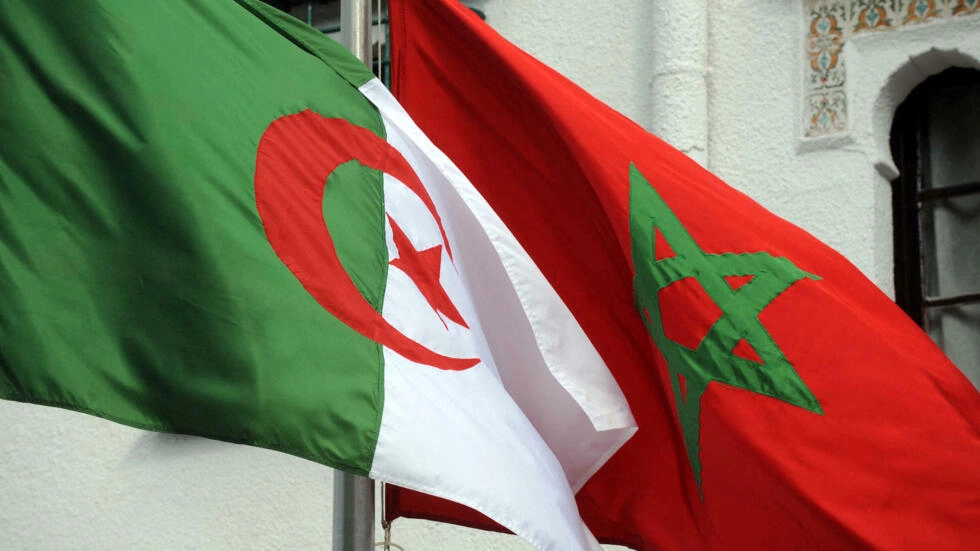It’s the big idea of the moment among certain economists and activists in the West: Universal basic income (UBI), a policy of allocating a fixed amount of money to every citizen, is seen by some as a way to confront rising unemployment — particularly in the face of automation — in developed countries.
But while UBI has been tested (with mixed results) in local experiments and national referendums in Europe, some are now considering whether it could also be a recipe in the developing world. Last week, the think tank NABNI (French acronym for “Our Algeria Built on New Ideas”) laid out the case for a fixed monthly income in the North African country. The Algerian daily El Watan reports that the proposed monthly income would come to 60 euros, which is about one-third of the current minimum wage in Algeria.
The think tank argues that de-industrialization, often cited as a challenge in the developed world, is also hitting countries like Algeria, which has to adapt its economy to the expansion of the service sector over heavy industry and agriculture in an increasingly globalized market, notes French daily Les Echos.
Similar factors have been cited by advocates of UBI in the West. A national referendum last year proposing a 2,500 Swiss Francs ($2,580) monthly income in Switzerland, which did not pass, garnered international attention; in neighboring France, Socialist party candidate Benoit Hamon made the idea a centerpiece of his (failed) campaign for president. The concept has had a bit more success in Finland, where on January 1, an unconditional basic income of 560 euros was granted to 2,000 unemployed people randomly chosen.

Street scene in Algiers — Photo: Calvin Smith
The possible deployment of UBI in emerging economies also includes India, which tried to implement a 200 rupees ($3.10) basic income in the region of Madhya Pradesh for 18 months from 2010. Researchers noted that the villages that benefited from this policy witnessed a drop of illness and an increase in food sufficiency. The Hindu newspaper reports that in January 2017, a national survey driven by the Ministry of Finance explored how UBI would be a solution to replace the various welfare programs, as most of the subsidies are inefficiently operated.
Though the introduction of UBI in emerging economies is driven by some of the same dynamics as in the developed world, the Algerian think tank notes that the universal income solution is also a way to simplify the current overly complex system of social welfare and solve the dilemma of job creation. It would also help reduce inequalities and ensure better living standard by encouraging people to do volunteer work.
Yet emerging economies could face certain obstacles developed countries have long since overcome. First, they have to solve the issue of low access to banking facilities: in Algeria, only half of the population has a bank account. Another sensitive question is determining the amount of the standard income, which must be enough to be effective, but not too much to trigger runaway inflation.
Source: Cash For All In Developing World? Algeria Ponders Universal Basic Income – Worldcrunch














